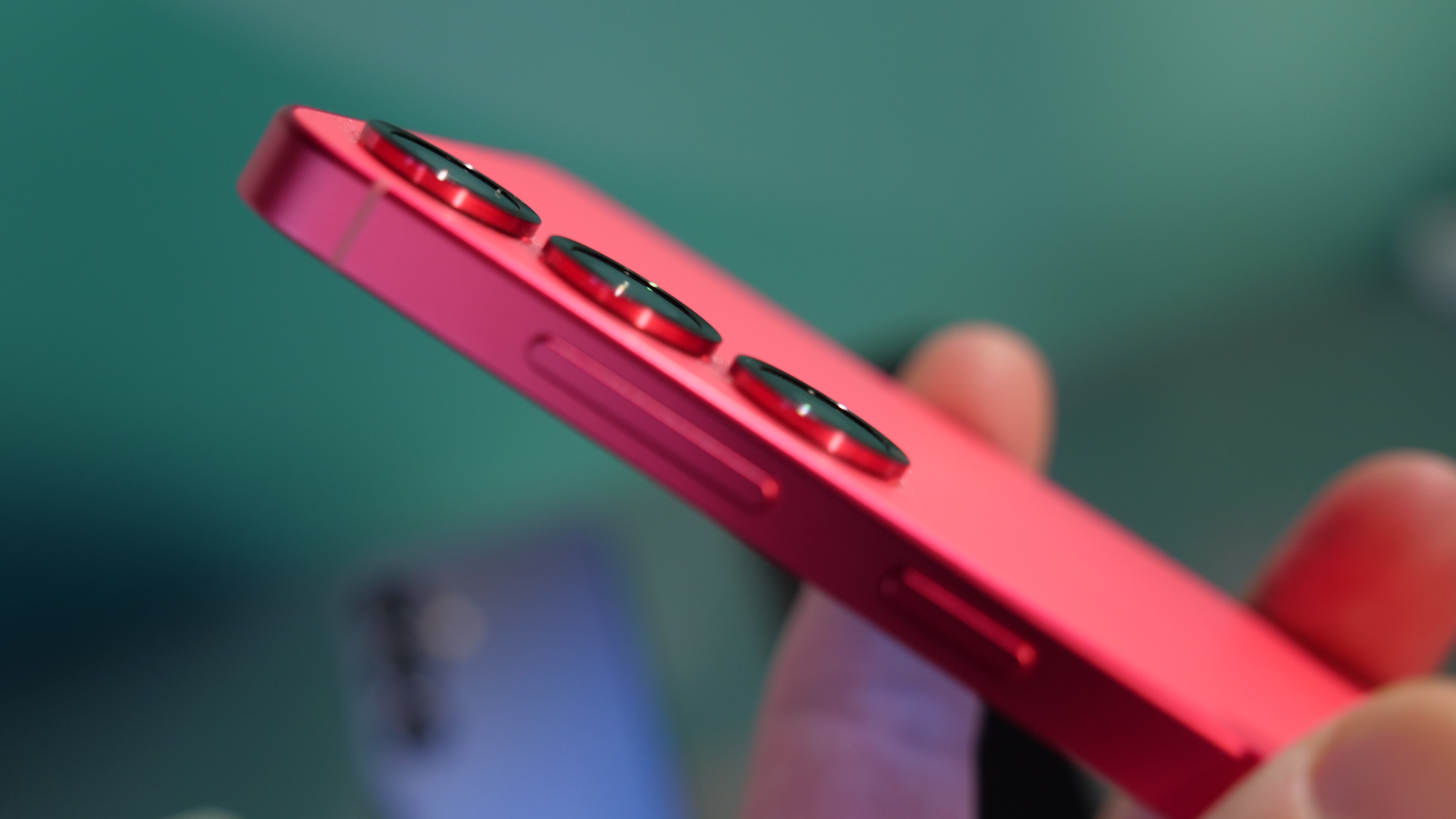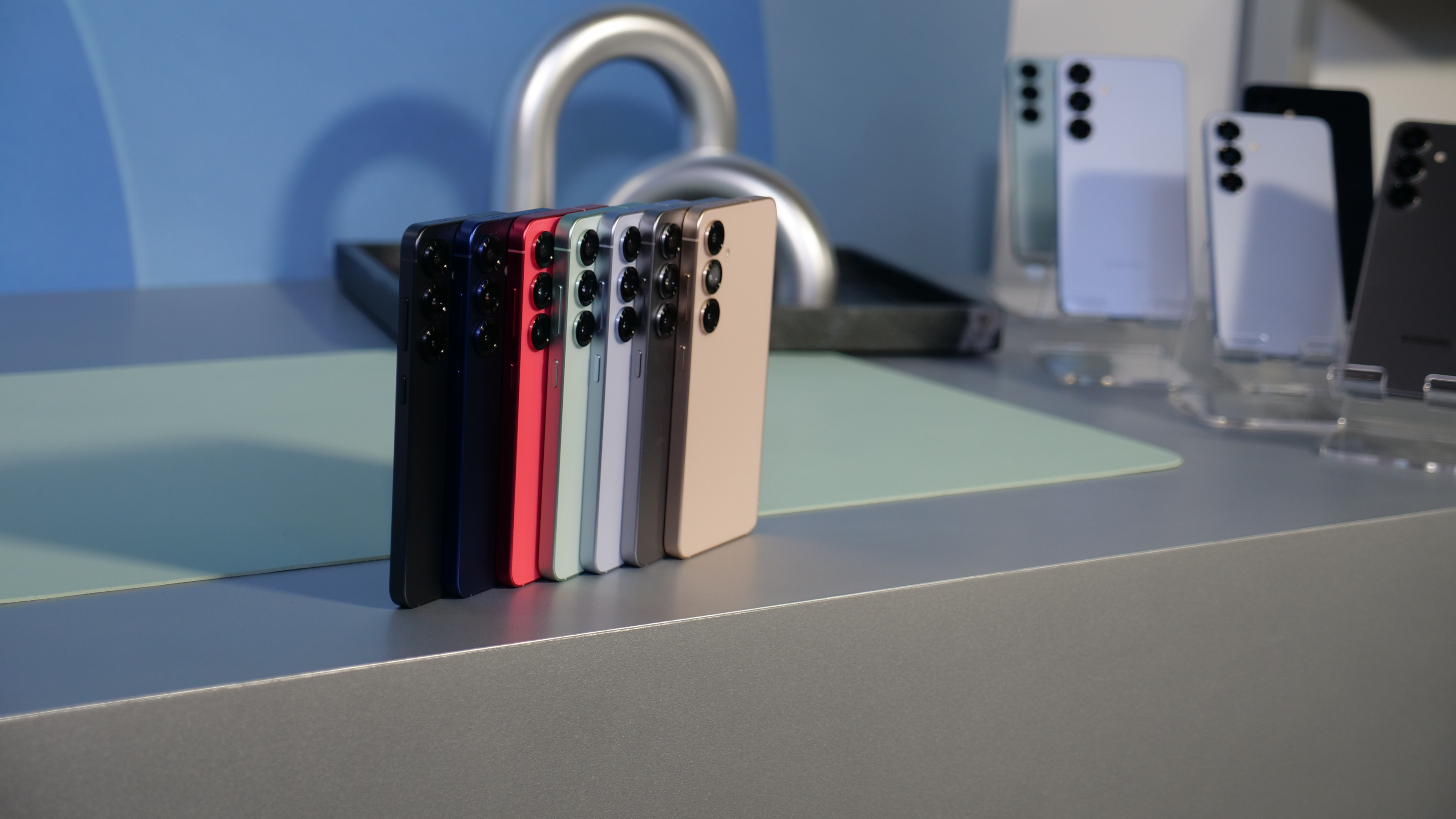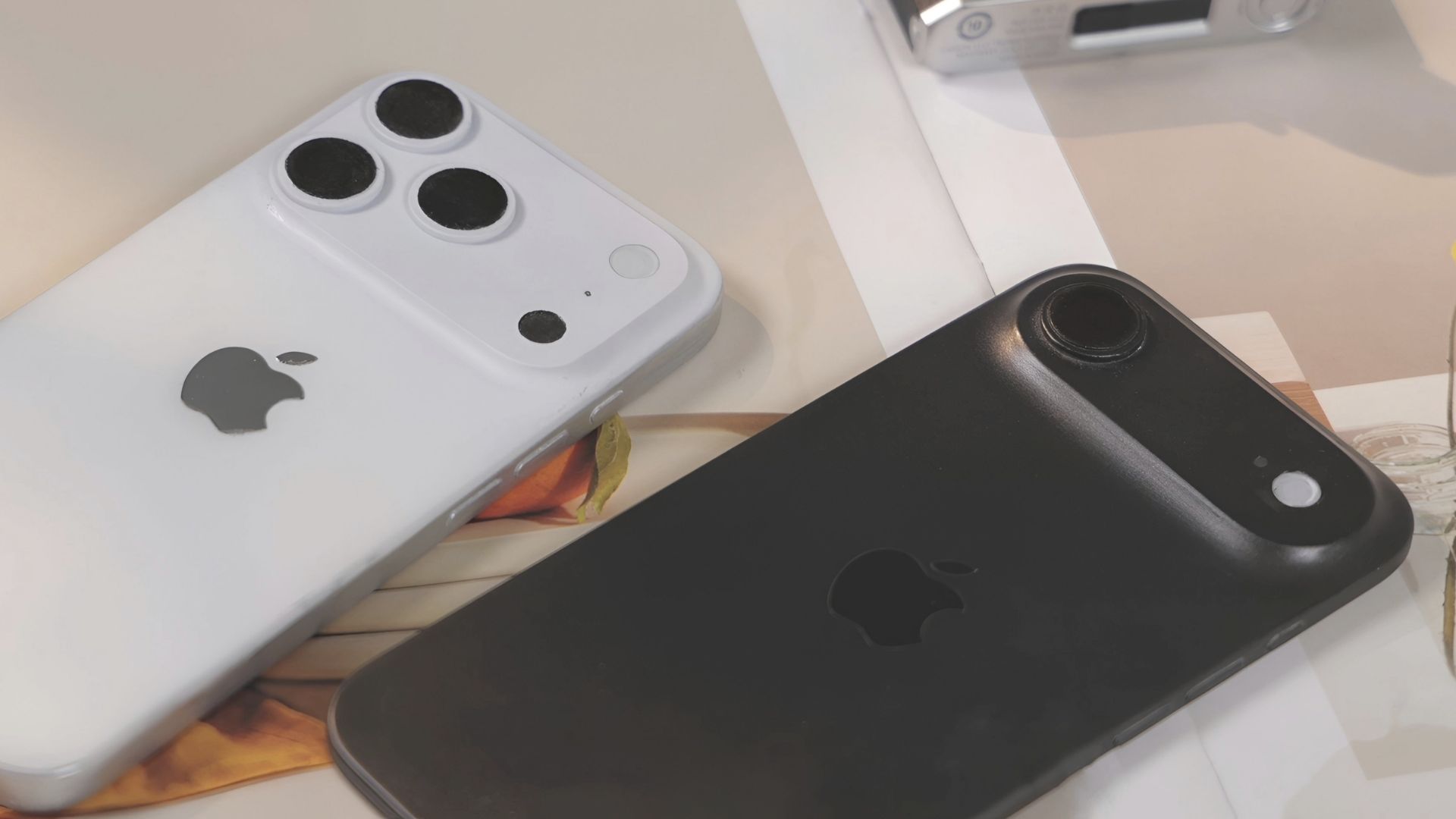Samsung's big bet on personal AI makes the Galaxy S25 feel compelling but creepy
Galaxy AI's vision of an AI personal assistant is going to require a steady hand when it comes to privacy

To no one's surprise, AI took the spotlight at Samsung's latest Galaxy Unpacked event.
We got to see new editing tools, better photo searches, call transcripts, and much, much more. But it wasn't the features that stood out as much as the theme they project.
If Samsung has anything to do with it, AI isn't just getting more pervasive. It's getting personal.
A new kind of Galaxy AI
This isn't just another phone-release event for Samsung; it's a test for AI phones.
While the concept of a generative AI-focused phone is still relatively new, Galaxy AI — the company's suite of AI phone features — has been out for a year now.
On a non-tech time scale, that's nothing, but we expect progress at a consistent clip in the phone market. So, what is Galaxy AI progressing to? Your personal assistant, of course.
There was a lot to sort through regarding new AI features, but maybe the most telling addition is a summary feature called Now Brief.
Get The Snapshot, our free newsletter on the future of computing
Sign up to receive The Snapshot, a free special dispatch from Laptop Mag, in your inbox.
Now Brief is pretty much exactly what it sounds like: an AI-produced summary that gives you insight into what your day has in store and less superficial data like how well you slept.

Summaries aren't a new trick for AI — just ask Apple about its less-than-ideal text summary feature — but Now Brief feels more all-encompassing. For one, Now Brief isn't static; it's active.
What I mean is it takes context into account. It can suggest navigation in the evening on your commute home, recommend places to eat depending on where you are, or recap a day in which you've taken many pictures.
In other words, Now Brief isn't just meant to be a tool; it's meant to be an assistant — one that does what you want without you even having to ask. And to do that properly, Samsung needs your data, and lots of it.
AI take the wheel
The idea of an AI personal assistant doing everything you don't want to do sounds great in theory, but in practice, it's actually a massive exercise in trust.
Sure, I'd love an assistant to know when I'm leaving work and send me on the fastest route home, but to do that, it has to know when I'm going home and where I am.
I wouldn't blame you if you're a little creeped out by the prospect. As much as we're used to our devices (phones in particular) being magnets for our personal data, knowing our routines and habits intimately — and all in one place — is definitely another level.
Samsung, for its part, seems to know that its vision is an escalation of sorts and is taking the harder, but safer, approach to Galaxy AI, which is to say AI that happens on-device.
The difference here is that, unlike using the ChatGPT app for example, your data never goes to the cloud (a server outside of your phone) to get processed. That difference, while subtle on the UX end, makes a huge difference in terms of security since it reduces the potential pain points for having data stolen.
Not all of Samsung's new AI features are this secure, however. A deep integration with Google's Gemini, for example, that connects to Samsung apps and allows users to prompt Gemini for help with calendars, reminders, and navigation might reach the cloud if a task is too burdensome to process on-device.
This is all to say that achieving Samsung's vision of a connected, all-knowing AI assistant sounds great in theory, but getting there in a way that respects privacy and feels worth it for customers won't be simple.
Privacy aside...
Even with some potential pitfalls, Samsung's vision of a more personal AI-centric phone experience is one that genuinely excites me. Phones, despite being our more beloved gadget, haven't exactly been an exciting category in recent years.
That's because we've perfected glass slabs to the point of plateau. In so many ways, that's great — the phone I have now does so much more than I ever could have imagined in the days of clamshells.
But there's a part of that plateau that feels like just that — stagnation. A lot of that frustration, for me at least, centers on UI, which has made phones feel like a nightmare at times.
Having to sort through an unwieldy din of apps or settings to do something on your phone isn't fun, and it feels like a far cry from the simple, streamlined vision that Android and iOS operating systems had hoped for.
Getting more personal with AI might be a chance to reset that balance, bringing smarter, more adept voice assistants closer to the action or reducing the number of taps it takes to order an Uber. These are all real, practical advantages that

James is Senior News Editor for Laptop Mag. He previously covered technology at Inverse and Input. He's written about everything from AI, to phones, and electric mobility and likes to make unlistenable rock music with GarageBand in his downtime. Outside of work, you can find him roving New York City on a never-ending quest to find the cheapest dive bar.

